The Nigeria Civil Aviation Authority (NCAA) has commenced full investigation into the source of fuel contamination discovered in one of Max Air's aircraft.
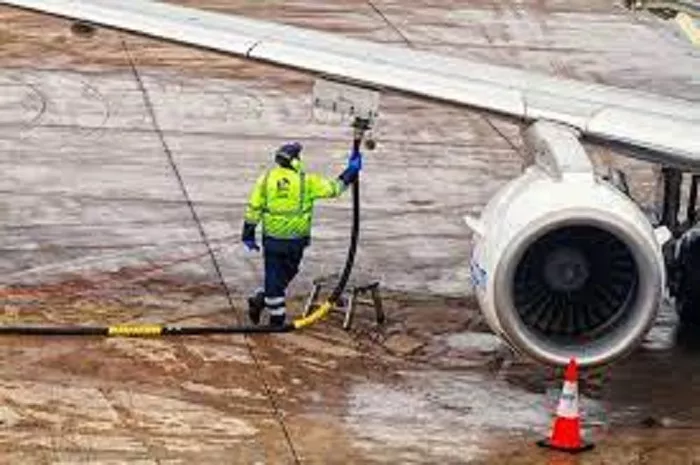
The Nigeria Civil Aviation Authority (NCAA) has commenced full investigation into the source of fuel contamination discovered in one of Max Air's aircraft.
Reports indicate that fuel contamination is one of the issues which led to the grounding of the airline's 737 aircraft series on Wednesday.
A source confirmed to our correspondent that a huge volume of water was discovered in the tank of one of the aircraft which was flying to Maiduguri.
It was learnt that the crew diverted the flight to Yola, Adamawa State when a snag was discovered in the engine as the fuel contamination was said to have affected other components of the aircraft.
Speaking with aviation journalists last night, the Director-General, Civil Aviation, Capt. Musa Nuhu said the NCAA had dispatched a team of inspectors to Lagos, Abuja and Kano where Max Air aircraft refueled.
According to him, any fuel supplier found wanting would be suspended until whatever problem in their supply value chain was resolved.
The DG stated that Max Air may be a victim of the fuel contamination, explaining that the investigation would unravel the source of the contamination.
"On the issue of fuel contamination, we are doing a full investigation. We learnt the aircraft took fuel in Lagos, Kano and Abuja and we are investigating the fuel suppliers to see their fueling procedures to ensure everything is okay. I expect to get a report very soon," he said.
Nuhu who stated that the NCAA remains committed to the safety of air passengers assured them that the regulatory authority is up and doing, adding, "We are not sleeping. We are doing quite a lot. We are going to issue another AOL (All Operators' Letter) to remind them (operators) to test quality of fuel before fuelling their aircraft. I want to assure the travelling public that there is no cause for alarm."
He also disclosed that the civil aviation authority would have a meeting with the Nigerian Upstream Petroleum Regulatory Commission (NUPRC), the agency regulating the fuel suppliers which he said has a responsibility "to ensure the fuel is not contaminated.

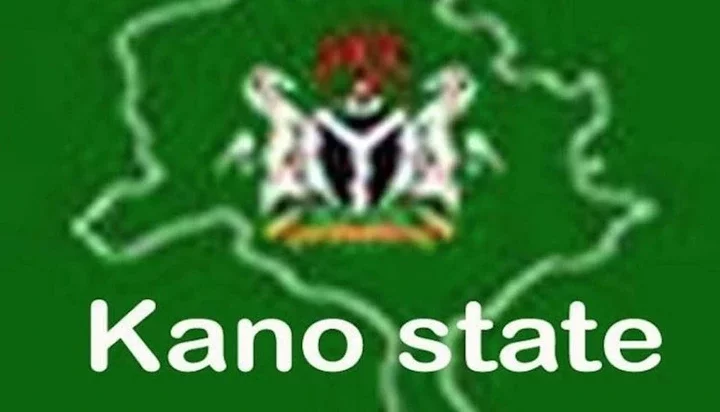

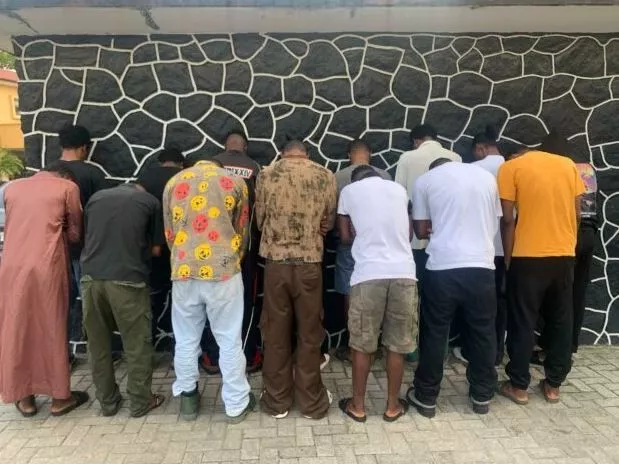
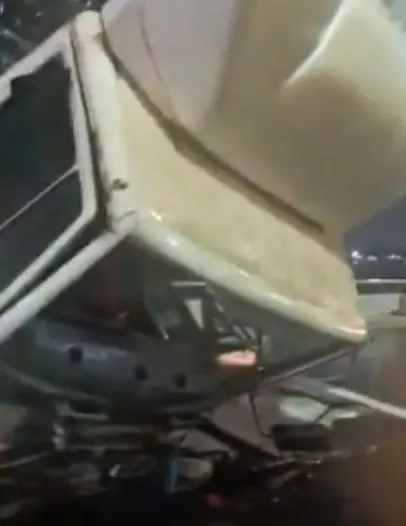
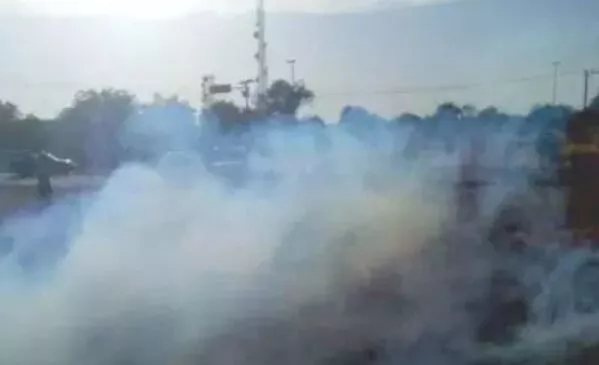






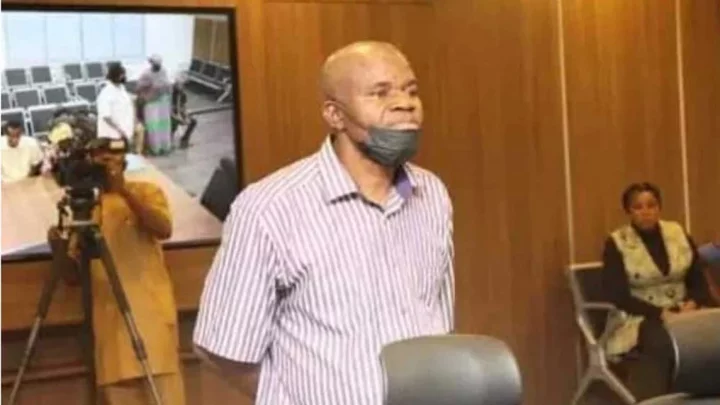




Comments